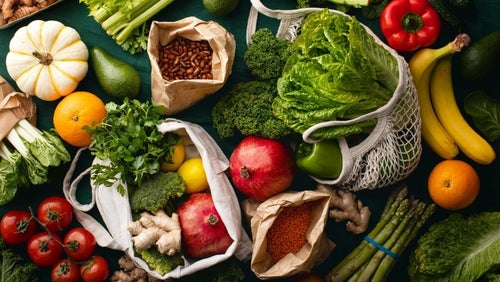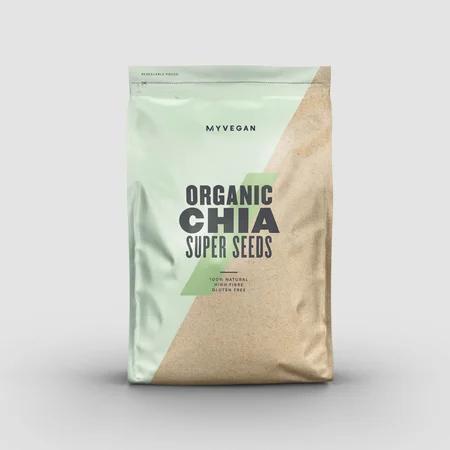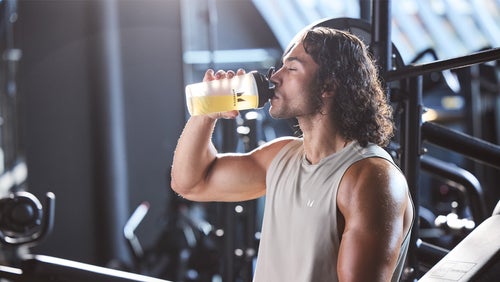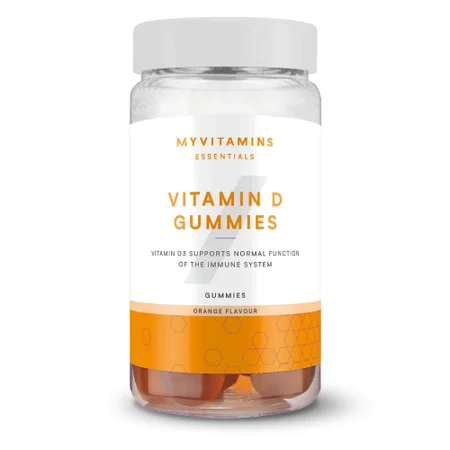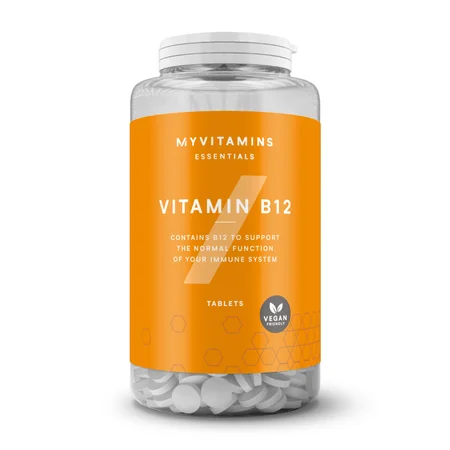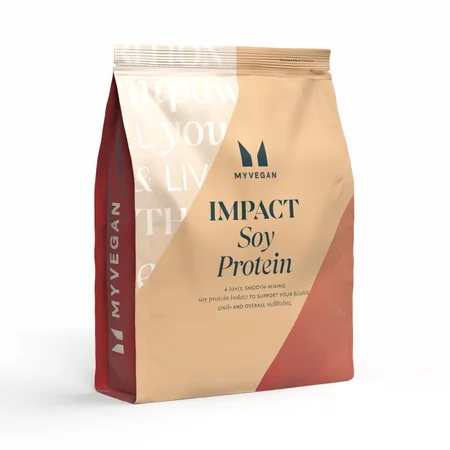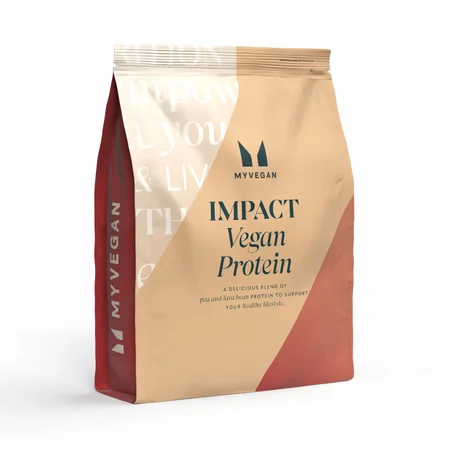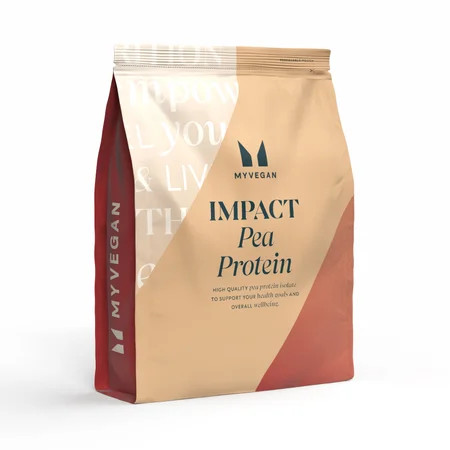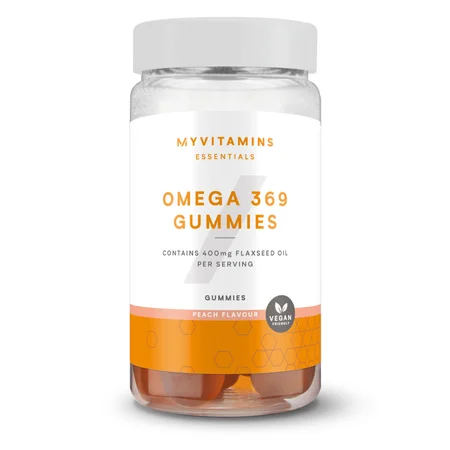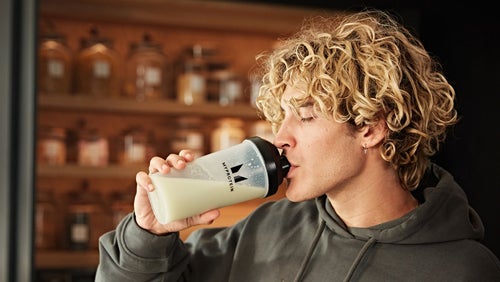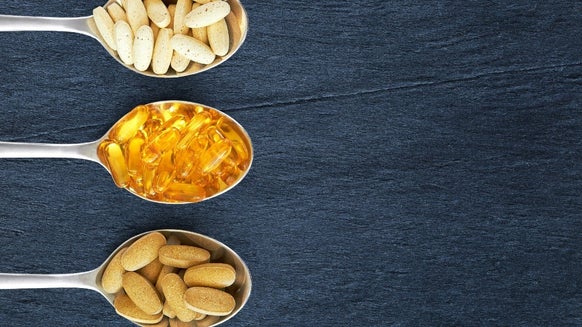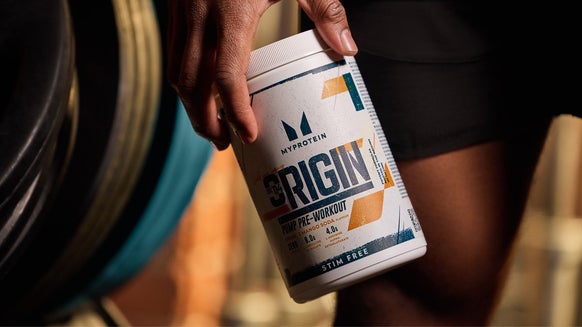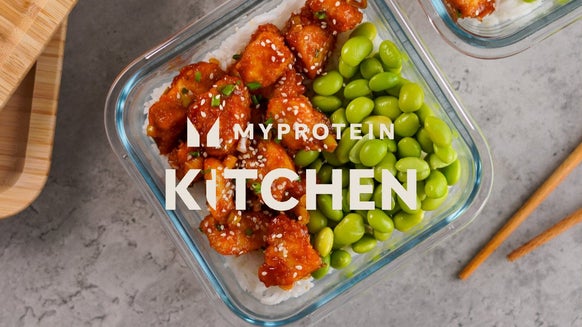Vegan Nutrition Guide

Already vegan and wanting to improve your nutrition? Or looking to try plant-based this year? We have everything you need to make sure it’s a success.
From nutrition, to supplements, to meals to keep you on track — we’re here to support your plant-based journey. We have everything you need to make sure it’s a success.
- What is a vegan diet?
- What is a vegetarian diet?
- How is a vegan diet different to a vegetarian diet?
- Benefits of a vegan diet
- Complete vegan protein sources
- Best vegan pre-workout foods
- Supplements to support a vegan diet
- Build muscle vegan supplement plan
- Moderate exercise vegan supplement plan
- Weight loss vegan supplement plan
- FAQs

What is a vegan diet?
Those who follow the vegan diet include all plant-based products in their diet but exclude any animal products or meats — including products made by animals, like milk or sometimes even honey.1 A vegan diet is very well defined in that there are few blurred lines about certain products: all animal-based foods are excluded.
What is a vegetarian diet?
A simple definition of vegetarians is a group of people who eliminate animal products from their diet — typically meats are the primary food excluded. This means the person following a vegetarian diet doesn’t eat beef, chicken, turkey, pork, lamb, or venison — they may or may not include fish.1 When you consider products made from or by animals (such as milk, eggs, or even honey), this is where different types of vegetarian diets are distinguished.
How is a vegan diet different to a vegetarian diet?
Vegan and vegetarian diets differ when you consider products made from or by animals (such as milk, eggs, or even honey). A vegan will ordinarily exclude all products made from or by animals, whereas vegetarians won’t.
And this isn’t just in terms of food. A lot of vegans will also avoid products tested on animals, or products made from animals (leather and furs).
Benefits of a vegan diet
Vegan diets may seem restrictive to some, but they’re actually full of nutrient dense foods. Although vegan diets don’t contain any animal-based or produced products (no dairy, meat, pork, fish, chicken, etc), they can still meet all of your daily nutrition requirements when they contain a variety of fruits, vegetables, legumes, and whole grains.

Here are some benefits of vegan diets that you may not have considered:
1. Reduces your risk for metabolic syndrome2
Metabolic syndrome is a term for a group of symptoms associated with the development of Type 2 Diabetes and heart disease, and is also typically linked with being overweight. One study showed avoiding high fat and highly processed foods and focusing on a whole, plant-based vegan diet, can help control these risks.2
2. Is more sustainable for the environment2
The same study that showed a reduced risk of metabolic syndrome also supported the fact that a vegan diet is more sustainable for the environment.2 Raising animals for human consumption requires significantly more resources (water, energy, animal food) than harvesting plant-based foods.
3. May reduce inflammation
The high antioxidant and phytonutrient levels in a vegan diet have been shown to have the ability to fight inflammation in the body.3 With so many illnesses and symptoms linked to inflammation, using diet as a preventative tool is another reason to try a vegan diet.
4. Can support weight loss
Studies show that vegan diets can be effective for weight loss.4 This could be due to the high fibre, high volume, or satiating effects of eating lots of plant-based foods, combined with the fact that many vegan food sources are naturally low in calories. While you still need to be in a calorie deficit to lose weight, eating a vegan diet can help make this easier.

Top 5 Supplements For Weight Loss
These could help kickstart your weight-loss journey or bust a plateau.
5. You can eat larger quantities of some foods
One of the reasons that vegan diets are tied to weight loss is because even large quantities of some vegan foods (like leafy greens or fruit with high water content) can still be low in calories. Choosing these high-volume, low-calorie foods can be very filling and not make you feel like you’re trying to cut calories or missing out on satisfying meals.
6. May improve productivity
One study was implemented in a workplace to learn the impact of following a vegan diet, and showed that employees were more productive when following a plant-based diet plan.5 This benefit of a vegan diet is attractive not only to those who want to excel but also to employers who want to keep their employees healthy and at the top of their game. This could be due to less stress or clearer mental health, but more research in this area needs to be completed.
7. May reduce your risk of chronic disease
Possibly the most important benefit of a vegan diet is the fact that it has been shown to help prevent chronic disease.6 Whether diabetes, heart disease, high blood pressure - many of these diseases can be prevented by a healthy, plant-based diet and active lifestyle. If longevity is your goal, make sure you are including more plant-based foods in your diet to keep your body healthy and ready to meet your goals.

Complete vegan protein sources
When considering a vegan diet people often wonder about getting enough protein - especially complete proteins. There are actually many different sources of complete proteins available within a vegan diet, but not all plant-based proteins are complete protein sources on their own.
What are complete proteins?
Proteins are long chains of smaller building blocks called amino acids. There are twenty overall - eleven that our body can make on its own, and nine essential amino acids that must be consumed in our diet.
When a protein contains all nine of these amino acids, it is considered a complete protein. Many animal-based protein sources contain all of the essential amino acids - like beef, fish, eggs, and dairy products. Our body requires all of the essential amino acids for a variety of functions from building muscle to metabolising food for energy or other basic functions. When a protein doesn’t contain all nine of the essential amino acids - like some vegan protein sources – it's considered incomplete.
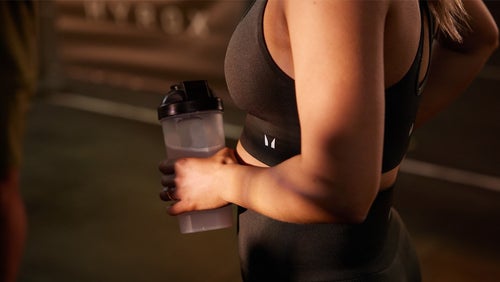
Essential Amino Acids | Everything You Need To Know
Find out more about this “essential” ingredient that makes protein so powerful.
1. Quinoa
An ancient grain with a nutty flavour that is great alternative to rice or oatmeal, it can be used for any meal of the day or added to salads and other main dishes to increase protein content. 100g cooked quinoa provides: 4g protein and 3g of fibre.
2. Tofu
Made from fermented soy beans (a vegan complete protein), tofu is a versatile protein that's available in many different textures, from silken to extra firm, and takes on the flavour of other foods you cook with it - making it easy to incorporate as a meat alternative. 100g of extra firm tofu contains 13g of protein.
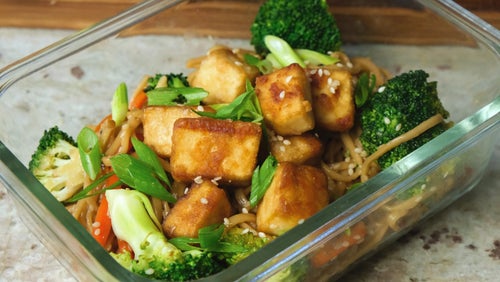
Crispy Tofu & Teriyaki Noodle Meal Prep
Mix up your weekly meal prep with some veggie noodles.
3. Tempeh
Another soy-based protein source, tempeh is a compressed soy product that often contains other grains to boost protein content. 100g of tempeh contains 19g of protein.
4. Edamame
Whole soybeans in their pod, edamame are a delicious vegan protein that is often added to stir fries or served as a side dish. 100 grams of edamame can contain about 11g of complete protein.
5. Pistachios
Pistachios are a complete protein source that is easy to carry on the go or add to other meals or snacks. 100g of raw pistachios contain 20g of protein.
6. Chia seeds
Chia seeds are a vegan high protein source, great to make chia pudding or add to smoothies, with 100g containing about 18g of protein.
7. Hemp seeds
Containing up to 30% protein, hemp seeds are another versatile protein that are easy to add to any foods from smoothies to salads for some crunch and punch of protein. 100g of hemp seeds contain up to 25g of protein.
8. Buckwheat
Buckwheat is a grain like seed that is often ground into flour and used for a high protein, gluten free alternative to wheat flour or other cereal grains. 100g of dry buckwheat contains 13g of protein.
While other plant-based protein sources can be high in protein or contain many of the essential amino acids, they need to be combined to make complete proteins in adequate amounts. This is why vegan protein sources like rice and beans are often combined - they offer complementary amounts of different amino acids to make complete proteins.

Best vegan pre-workout foods
There’s tonnes of information out there on getting the right vegan pre-workout foods, and it can sometimes be overwhelming. But in reality, it’s pretty simple. Focus on food groups that you can choose from to ensure your body is getting the right fuel to optimise its performance.
1. Low-GI carbohydrates
If you’re looking to improve or maintain your exercise performance, scientists generally recommend eating a high-carbohydrate meal 1-4 hours before exercise.
Carbs are known to be the main energy-providing nutrient and are metabolised by the body most easily during exercise – providing the energy you need during a workout or exercise session where your fast-twitch muscle fibres are relied upon.7
Glycaemic index is the ranking of carbohydrates in relation to how they affect blood sugar levels. Although there’s some conflicting evidence, many studies have found that low-glycaemic index (GI) carbohydrates are better than high-GI carbohydrates before endurance-based exercise. This is thought to be because low-GI carbs lead to a steady blood sugar level, while high-GI carbs may cause a spike, followed by a sudden drop in blood sugar levels – acting to decrease energy levels.

Common vegan high-carbohydrate foods with a low glycaemic index:
- Sweet potatoes, new potatoes and yams (non-mashed)
- Brown rice and white long grain rice
- Pasta
- Oats and muesli
- Whole wheat bread, mixed grain bread and sourdough bread
- Some legumes such as chickpeas, red and green lentils, butter beans, kidney beans, haricot beans, pinto beans and black-eyed beans
2. Protein sources: High-carbohydrate
Protein is important for building and repairing muscle, and it’s well known that post-workout protein consumption optimises muscle growth. But recent research shows that consuming both pre- and post-workout stimulates better muscle growth.8
Since it’s important to consume pre-workout carbohydrates, eating foods that contain both protein and low-GI carbs is a great way to maximise your performance and results.

Common vegan pre-workout foods that contain protein and low-GI carbohydrates include:
- Chickpeas
- Lentils (red and green)
- Butter beans
- Kidney beans
- Haricot beans
- Pinto beans
- Black-eyed beans
3. Beetroot
Beetroot and beetroot powder as a sports supplement has gained attention recently as a food that can enhance exercise performance.
Beetroot contains a high level of nitrates, which increases blood flow to muscles – enhancing their efficiency during exercise.9 Add beetroot powder or beetroot juice to your vegan pre-workout shake around 60 minutes before exercise for best results.

What Are The Benefits Of Caffeine? Give It Up Or Worth The Performance Benefits?
How to figure out if caffeine is worth the side effects for you.
4. Caffeine
Caffeine is renowned for improving exercise performance – enhancing a range of endurance-based tasks like running, cycling, swimming and rowing, plus increasing reps performed during resistance training.10
Caffeine is known to enhance exercise performance by increasing utilisation of free fatty acids and reducing the breakdown of glycogen (carbohydrate energy stores), as well as making adaptations in the central nervous system.
You can find caffeine in these plant-based drinks and supplements:
- Coffee and tea
- Vegan pre-workout shakes
- Guarana extract
- Green tea extract and other caffeine supplements
5. Creatine Monohydrate
Creatine Monohydrate Powder (or just ‘creatine’) is a chemical compound that’s made naturally by our bodies to supply muscles with energy. During exercise, the body’s demand for creatine increases and stores need to be replenished for optimum exercise performance.
Creatine has been scientifically proven to improve physical performance during bursts of short-term exercise (like weight training or sprinting), as well as increasing muscle size.11
You can find creatine naturally in meat and fish, but there aren’t any significant plant-based sources, therefore taking a creatine supplement is the best way for vegans to get creatine into their diet.
Research recommends that you take 4-10g of creatine per day, and you can spread this out between your vegan pre- and post-workout shakes.
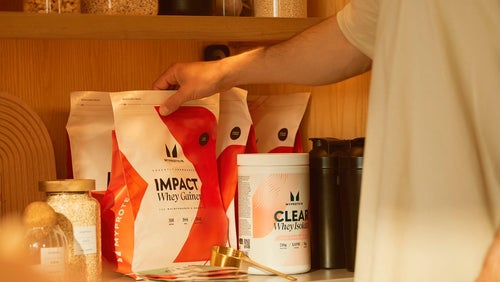
The 8 Best Supplements For Muscle Gain
Is growing muscle on your agenda? Then you've probably considered supplements – read this first.
Supplements to support a vegan diet
Following a vegan diet , means that you eliminate all animal products. This can, if not done correctly, lead to specific micro-nutrient deficiencies.12 Luckily, we've come up with a supplement plan to keep you in check.
One common concern about vegan diets is whether they provide your body with all the vitamins and minerals it needs. Many claim that a whole-food, plant-based diet easily meets all the daily nutrient requirements.13 This depends on the kind of foods you're eating.
Here's the vitamins and minerals your body needs and how to get them from your diet:
Vitamin D
Found fortified in foods such as soymilk, orange juice, ready-to-eat cereals + 15-minute daily sunlight exposure.14
B12
3mcg/day from fortified foods found in milk alternative, nutritional yeast. Aim for a B12 supplement containing 10mcg/day.
Calcium
It is recommended that you have at least 2 portions of 400ml fortified milk alternative, 200ml fortified milk alternative + 100g calcium set tofu, 150g fortified yoghurt alternative + 2 slices soya and linseed bread fortified with extra calcium.
Iron
Found in beans, fortified breads and cereals, nuts and nut butters, dried fruit. Consuming a good source of vitamin C (e.g. citrus fruits , orange juice, tomatoes) with iron rich foods increases iron absorption. Avoids tea with meals due to it having a high concentration of tannins which inhibits iron absorption.
Protein
Found in Beans, wholegrains, soy products (e.g. tofu, tempeh, soy milk) , nut and nut butters, quinoa, chia seeds.
Omega 3
Include more foods rich in omega-3s, such as flax seeds and oil, canola oil, hemp seeds and oil, and marine micro-algae.
Sources of long-chain omega-3 fatty acids (EPA and DHA): marine micro-algae.
Sources of short-chain omega-3 fatty acids: chia seeds and oil, flax seeds and oil, hemp seeds and oil.
Supplement plan
When considering a supplement program, it is important to always do blood tests with your GP , before supplementing . Some micro-nutrients such as iron, when not clinically deficient can cause unwanted side effects side as constipation. Always consult with your GP or Dietitian before using vitamin supplements, to avoid over doing it.15
Build muscle supplement plan
Workout day:
Vegan protein powder is recommended to be consumed after your session combined with carbohydrates such as oat milk. This will ensure muscle glycogen replacement as well as protein synthesis (muscle repair). If you are not exposing yourself to sunlight daily, please ensure you take a Vitamin D supplement with 400IU/day which is the standard recommendation in the UK from October to March. If your goal is muscle gain and optimal strength and power, you may want to consider taking a creatine monohydrate supplement. Creatine acts to increase the ATP-PC system in the body during high intensity exercise.
Rest day:
3 meals and 2 snacks, focusing on a balanced diet. Ensure 20g protein at every meal. If you are not reaching this amount, consider a vegan protein powder to top up your stores, to ensure satiety and muscle repair and synthesis. If you are not consuming two portions of calcium sources per day, it would be recommended to try consume two, or supplement accordingly. Calcium is vital for bone formation and prevention of osteoporosis in the future.
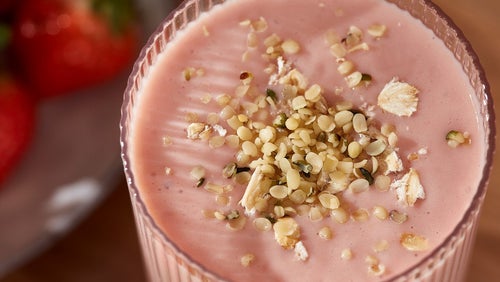
Protein Shakes For Weight Loss
Here's how to use protein shakes to your advantage.
Moderately active supplement plan
Morning:
Ensure you take a B12 supplement and omega 3 micro-algae supplements if you are following a vegan diet and not consuming enough food sources of these foods. This will ensure anti-inflammatory properties and energy throughout your day. If you are not exposing yourself to sunlight daily, please ensure you take a Vitamin D supplement with 400IU/day which is the standard recommendation in the UK from October to March.
Afternoon and evening:
Ensure you are aiming for 20g of protein at every meal, you may want to consider topping up with a vegan protein powder if you are not meeting these requirements. Ensure you are getting a good balance of carbohydrates , protein and fats in your diet. Ensure a variety of colours in terms of vegetables. The more colours, the better! Different colours of vegetables means more variety of micro-nutrients in which all have their own benefits.

Weight loss supplement plan
Workout day:
You may want to consider a vegan protein powder as well as a vitamin B12 supplement to ensure you have enough energy to have optimal performance during your workout. If you are not exposing yourself to sunlight daily, please ensure you take a Vitamin D supplement with 400IU/day which is the standard recommendation in the UK from October to March.
Rest day:
You may want to consider taking a omega 3 fatty acid supplement such as micro-algae (vegan version of fish oil). This will promote anti-inflammatory properties in the body.
FAQs
What should someone new to veganism eat?
If you’re newly vegan or just trying it out, the best thing you can do is include plenty of whole, plant-based foods in your diet, like vegetables, beans, pulses, and legumes.
Try not to focus too much of your diet on plant-based meat substitutes, as they’re usually ultra-processed, rarely healthy, and often disappoint.
There are plenty of nutritious recipes new vegans can try out. Bean-based stews and stir-fries with plenty of vegetables are delicious, cost-effective, and simple to make.
As with every other diet, the most important thing is making sure it’s well balanced.

Is it healthy to be vegan?
There can be many health benefits for vegans if they follow a well-balanced diet. A vegan diet can be high vitamins, minerals, fibre, and low in fat (especially saturated fat) if it’s based on whole foods.
However, it’s easy to eat an unhealthy vegan diet that’s high in ultra-processed foods or salt, fat and sugar. For a well-rounded diet, choose foods that are:
- High in vitamins and minerals
- High in fibre
- Low in fat, especially saturated fat
- Keeps you full for longer

Do vegans eat eggs?
No, vegans do not eat eggs because they do not consume any animal products. There are plenty of alternatives vegans can use in cooking and baking. Aquafaba, the water from a tin of chickpeas, can be used as an emulsifier in mayonnaise and meringue recipes. Apple sauce is a common egg replacement in baking, and silken tofu can be used to make a dish similar to scrambled eggs.
Is peanut butter vegan?
Many peanut butters are vegan, but some vegans may choose to avoid brands that contain palm oil due to sustainability concerns. It is possible to find peanut butter that is made with only peanuts, such as Myprotein’s All-Natural Peanut Butter. Some vegans may also prefer to avoid peanut butter that contains added sugars and instead opt for natural sweeteners, like bananas or other fruits.

Do vegans eat cheese?
Vegans cheese is made with plant-based alternatives to milk, like soy or coconut oil. Remember, lactose-free milk is free of the sugar lactose, but it’s still made from dairy and is not suitable for vegans.
Do vegans eat rice?
Yes, vegans can eat rice as it is a plant-based food. In fact, there are even dairy alternatives made from rice, such as rice milk
Take home message
Vegan diets can require some planning to make sure they’re fully rounded in terms of nutrition — but, once you know your stuff, and how to get essential minerals and vitamins in your diet, it can be plain sailing.
FIND MORE HERE:
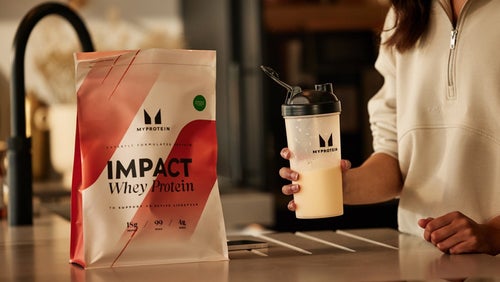
The Complete Guide To Protein Powders For Beginners
Match your protein to your training.

- Melina, V., Craig, W., & Levin, S. (2016). Position of the Academy of Nutrition and Dietetics: vegetarian diets. Journal of the Academy of Nutrition and Dietetics, 116(12), 1970-1980.
- Marrone, G., Guerriero, C., Palazzetti, D., Lido, P., Marolla, A., Daniele, F. D., & Noce, A. (2021). Vegan Diet Health Benefits in Metabolic Syndrome. Nutrients, 13(3), 817.
- Shah, B., Newman, J. D., Woolf, K., Ganguzza, L., Guo, Y., Allen, N., … & Slater, J. (2018). Anti‐inflammatory effects of a vegan diet versus the American Heart Association–recommended diet in coronary artery disease trial. Journal of the American Heart Association, 7(23), e011367.
- Turner‐McGrievy, G. M., Barnard, N. D., & Scialli, A. R. (2007). A two‐year randomized weight loss trial comparing a vegan diet to a more moderate low‐fat diet. Obesity, 15(9), 2276-2281.
- Katcher, H. I., Ferdowsian, H. R., Hoover, V. J., Cohen, J. L., & Barnard, N. D. (2010). A worksite vegan nutrition program is well-accepted and improves health-related quality of life and work productivity. Annals of Nutrition and Metabolism, 56(4), 245-252.
- Hever, J., & Cronise, R. J. (2017). Plant-based nutrition for healthcare professionals: implementing diet as a primary modality in the prevention and treatment of chronic disease. Journal of geriatric cardiology: JGC, 14(5), 355.
- Kanter, M. (2018). High-Quality Carbohydrates and Physical Performance: Expert Panel Report. Nutrition today, 53(1), 35.
- Cribb, P. J., & Hayes, A. (2006). Effects of supplement-timing and resistance exercise on skeletal muscle hypertrophy. Medicine & Science in Sports & Exercise, 38(11), 1918-1925.
- Murphy, M., Eliot, K., Heuertz, R. M., & Weiss, E. (2012). Whole beetroot consumption acutely improves running performance. Journal of the Academy of Nutrition and Dietetics, 112(4), 548-552.
- Ormsbee, M. J., Bach, C. W., & Baur, D. A. (2014). Pre-exercise nutrition: the role of macronutrients, modified starches and supplements on metabolism and endurance performance. Nutrients, 6(5), 1782-1808.
- Bemben, M. G., & Lamont, H. S. (2005). Creatine supplementation and exercise performance. Sports Medicine, 35(2), 107-125
- Saunders, M. J., Luden, N. D., & Herrick, J. E. (2007). Consumption of an oral carbohydrate-protein gel improves cycling endurance and prevents postexercise muscle damage. Journal of Strength and Conditioning Research, 21(3), 678.
- Bakaloudi, D. R., Halloran, A., Rippin, H. L., Oikonomidou, A. C., Dardavesis, T. I., Williams, J., … & Chourdakis, M. (2021). Intake and adequacy of the vegan diet. A systematic review of the evidence. Clinical Nutrition, 40(5), 3503-3521.
- Craig, W. J. (2009). Health effects of vegan diets. The American journal of clinical nutrition, 89(5), 1627S-1633S.
- Bakaloudi, D. R., Halloran, A., Rippin, H. L., Oikonomidou, A. C., Dardavesis, T. I., Williams, J., … & Chourdakis, M. (2021). Intake and adequacy of the vegan diet. A systematic review of the evidence. Clinical Nutrition, 40(5), 3503-3521.
- Craig, W. J. (2009). Health effects of vegan diets. The American journal of clinical nutrition, 89(5), 1627S-1633S.
- Smith, A. M. (2006). Veganism and osteoporosis: a review of the current literature. International journal of nursing practice, 12(5), 302-306.
